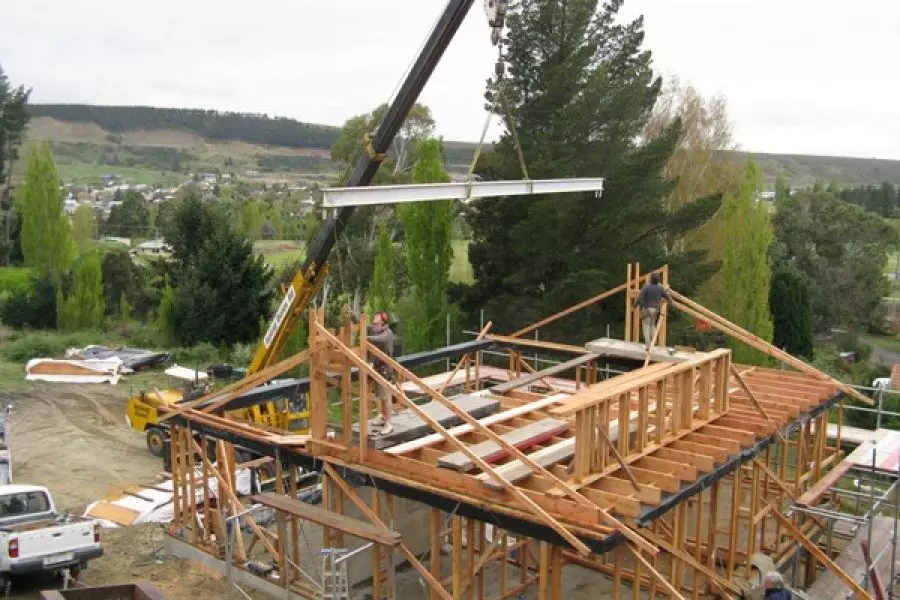News
Apartment consents slump

Thursday 30th of November 2017
Statistics NZ figures show that just 78 apartments were consented in October 2017, which was a decline of 66% on October 2016.
Construction statistics manager Melissa McKenzie says that apartments tend to be really volatile from month to month.
“October’s figure is the lowest number we have seen since April 2016, although we know there are more apartments in the pipe...
Want to read the full article?
Click the button below to subscribe and will have unlimited access to full article and all other articles on the site.






![[The Wrap] Bye Bye Bayly](https://goodreturns.publit.io/file/c_fill,w_900,h_600/39f23ac1-f7c7-4854-b700-a150004ebbac.webp)


